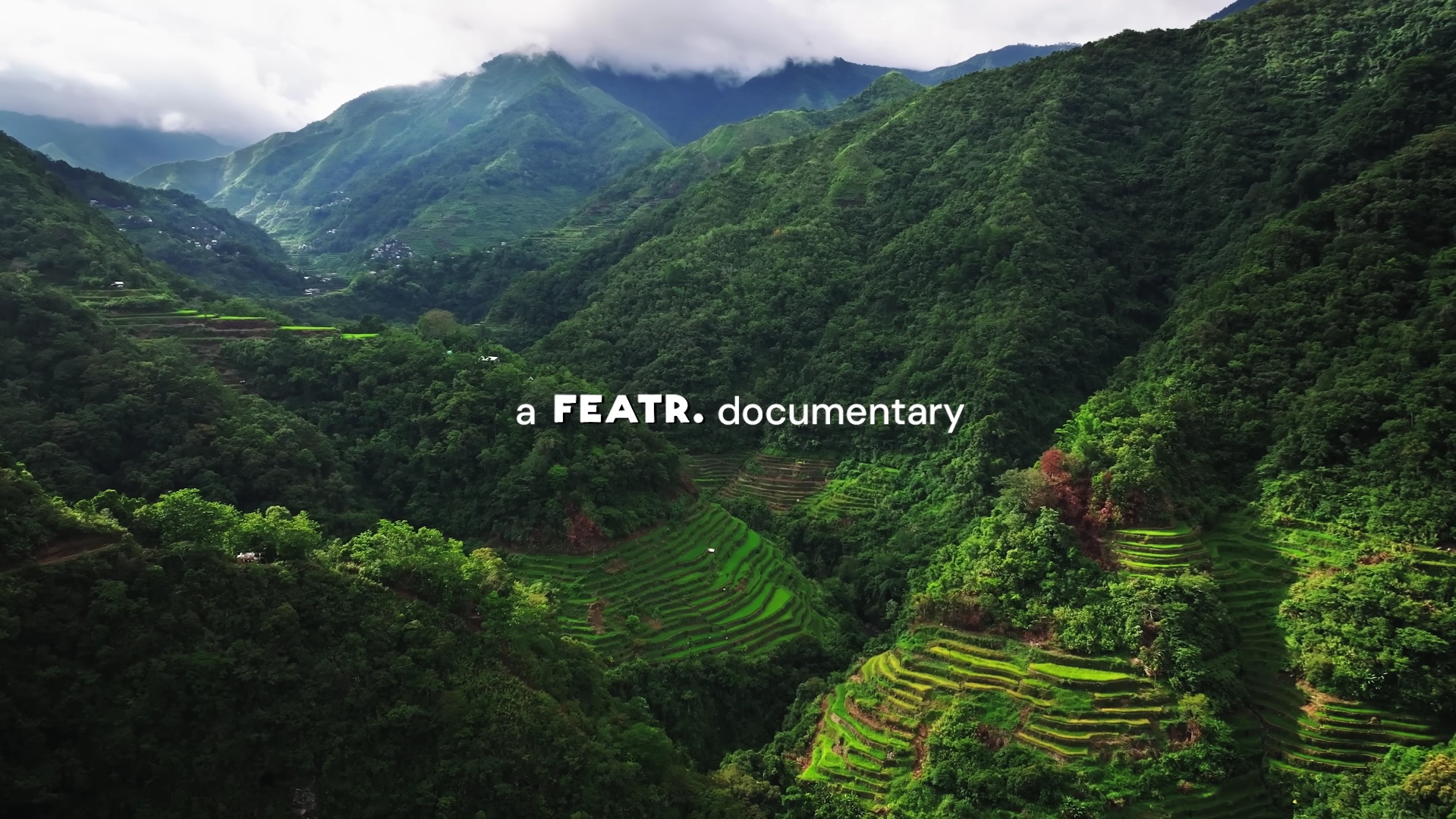As millions of ageing farmers set to retire, they are looking to their children to work on their labor-intensive coffee farms.
As millions of ageing farmers set to retire, they are looking to their children to work on their labor-intensive coffee farms. However, rather than following in the footsteps of their parents, many of their children are increasingly leaving the farms and migrating to cities in the hopes of finding better opportunities there. The younger generation no longer see coffee farming as a dependable source of income. And rightfully so, many of these children have witnessed their families’ poverty and hardships that come from innumerable challenges of growing coffee, everything from natural disasters, decreasing yields, abusive trade practices, local demand being stripped away by larger global corporate coffee chains, to a lack of infrastructure. For most of them, migration to cities is not a choice, but a necessity.
Unless coffee farming becomes a more sustainable livelihood in the long-term, there may be no one left in the farms to grow the coffee we love so dearly. Thus, the challenge for us is how to make a career in coffee and coffee farming truly compelling for young, passionate, and talented people.
Over the years, The Coffee Heritage Project has been getting more coffee enthusiasts interested on where their coffees come from, and in volunteering for seasonal work at local coffee origins. It is truly an inspiring scene seeing both coffee growers and enthusiasts working alongside at the farm.
Hopefully, our passionate coffee enthusiasts turn into coffee’s next generation of farmers!
For more on this topic, CHP shares this BBC documentary on why the world is running out of farmers, tap link to view video, https://bbc.in/37iGFDK
 Read
ReadFarm to Cup. This documentary traces that journey from Sagada to Bukidnon, Cavite, Cebu, and beyond, through the work of the farmers, processors, roasters, and advocates who carry our coffee forward.
 Read
ReadBy the time Rich Watanabe took his first sip of freshly brewed Sagada coffee, the Cordillera’s fog-draped ridges had already worked their quiet magic.
 Read
ReadThe Biyaya Sustainable Living Festival held from 14 to 16 March at Parqal was a celebration of Filipino culture, creativity and craftsmanship.
 Read
ReadAt the Moment gives us a sneak peek of the happenings at the recently concluded Manila Coffee Festival 2024
